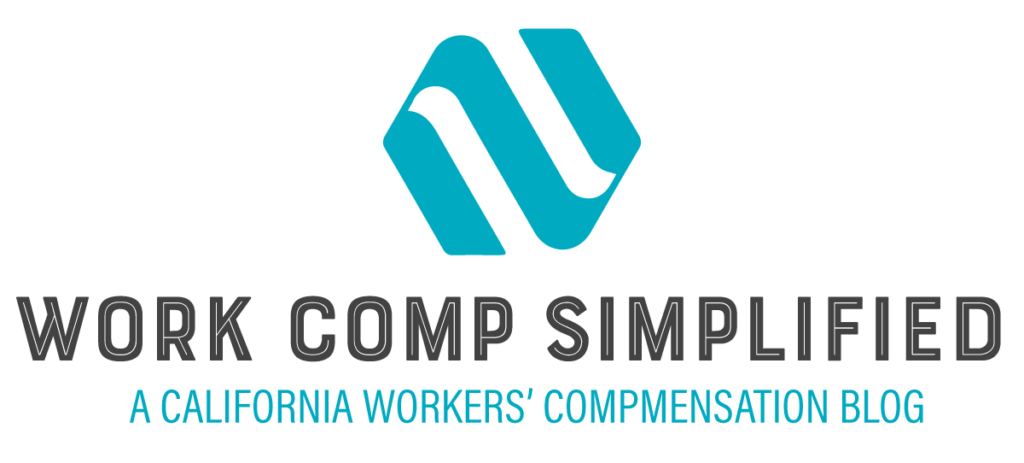Tag Archives: workerscompensation
Top Four Workers’ Comp Mistakes That You Need to Avoid
Workplace safety remains a serious issue in California. According to the state’s Department of Industrial Relations, . . .
Are California Workers’ Compensation Benefits Taxable?
The California Department of Industrial Relations reports that around half of a million workers are hurt on . . .
An Overview of Workers’ Compensation Benefits in California
Workers’ comp insurance coverage provides much needed financial protection to people hurt on the job. . . .
California Workers’ Comp QMEs: Frequently Asked Questions (FAQS)
As explained by the California Department of Industrial Relations (DIR), QMEs are licensed doctors who have . . .
California Workers’ Comp: Compromise and Release (C&R) vs. Stipulation
An employer, administrator, or insurance company may want to settle a workers’ compensation claim. Before . . .
Workers’ Comp Defense in California: What is the 90 Day Rule?
California employers are required to provide no-fault work injury insurance to their employees. If an . . .
An Overview of Work Comp Liens and Subrogation in California
In California, businesses and organizations are required to provide no-fault workers’ comp coverage to their . . .

